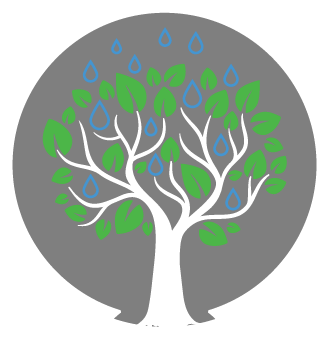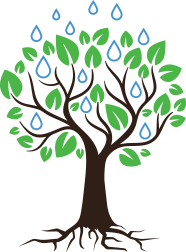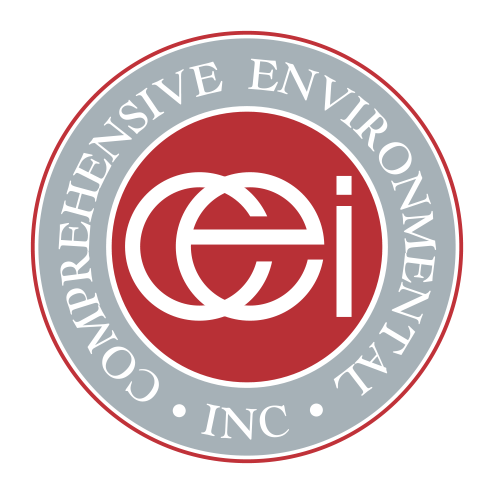- About This Project
- Tree Canopy BMPs
- Model Regulation
-
Hobby Farm BMPs
- Section 1. Introduction To Hobby Farming & Water Quality
- Section 2. Getting Started: Understanding Your Hobby Farm Site
- Section 3. Creating a Stormwater Management Plan For Your Hobby Farm
- Section 4. Nutrient Management For Water Quality
- Section 5. Animal Management For Water Quality
- Section 6. Stormwater Runoff Site Management
- Section 7. Hobby Farm Management & Safety
- Hobby Farm Guidance Survey
- Project Resources
- Contact Us
SECTION 1: INTRODUCTION TO HOBBY FARMING AND WATER QUALITY
This is a handbook for owners of “Hobby Farms” - small scale farms operated primarily as a residential lifestyle - to provide their owners with the tools to develop and operate an environmentally friendly farm and promote responsible stewardship of both land and the environment.
Agricultural activities on hobby farms can result in the generation of materials that are potentially harmful to the environment. Since hobby farm activities occur largely outdoors, many activities can be exposed to rainfall. When sufficient rainfall occurs, materials associated with hobby farming can be picked up by stormwater runoff and become “pollutants” that eventually reach other lands and water bodies nearby. Pollutants can include excess nutrients from fertilizer, chemicals from pesticides, bacteria from manure, sediment from unvegetated areas, and many more.
There are a number of common-sense activities and well-established Best Management Practices (BMPs) and good housekeeping techniques that hobby farmers can use to make sure their farming activities have a minimum of impact on the environment, particularly water quality of nearby surface waters. In addition to helping to ensure nearby wetlands and water resources are protected, these practices can often result in better farm management, save money and help keep your animals and crops healthy and safe.
The purpose of this handbook is to guide and serve as a reference for the hobby farmer about activities that can generate pollution and how to protect nearby surface waters. This manual will help hobby farmers develop a practical farm management plan to minimize water quality impacts and result in a successful hobby farm, no matter how big or small.



